【American Literature】
《week 11》
《Moby Dick》
Moby Dick: Moby-Dick; or, The Whale (1851) is a novel by Herman Melville, in which Ishmael narrates the monomaniacal quest of Ahab, captain of the whaler Pequod, for revenge on the albino sperm whale Moby Dick, which on a previous voyage destroyed Ahab’s ship and severed his leg at the knee. Although the novel were a commercial failure and out of print at the time of the author’s death in 1891, its reputation grew immensely during the 12th century. D. H. Lawrence called it “one of the strangest and most wonderful books in the world,” and “the greatest book of the sea ever written.” Moby-Dick is considered a Great American Novel and an outstanding work of the Romantic period in America and the American Renaissance. “Call me Ishmael” is one of world literature’s most famous opening sentences.
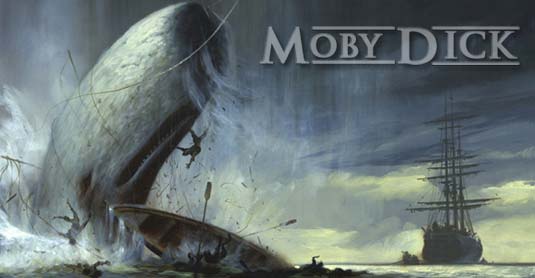
Why Read Moby-Dick (YouTube)
https://www.youtube.com/watch?v=I-Pz7YtJCco
“Call me Ishmael”
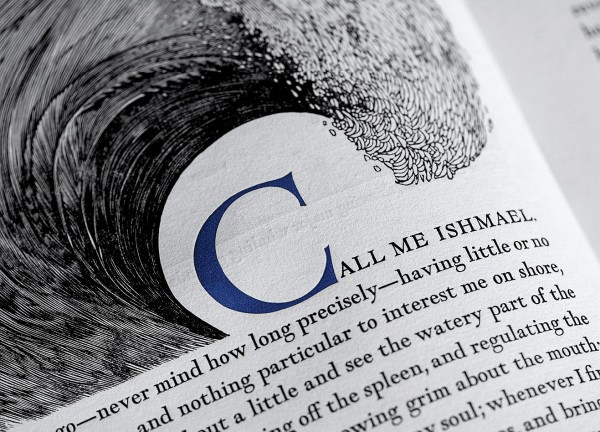
《Herman Melville》
Herman Melville: Herman Mleville was an American novelist, writer of short stories, and poet from the American Renaissance period. Best known for his sea adventure are Typee (1846) and his whaling novel Moby-Dick (1851).
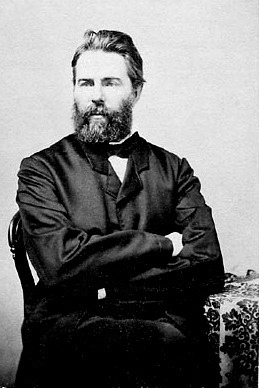
Epic Poetry (Epical) → Herman Melville
《Young Goodman Brown》
Young Goodman Brown: Young Goodman Brown is a short story published in 1835 by American writer Nathaniel Hawthorne. The story takes place in 17th century Puritan New England, a common setting for Hawthorne’s works, and addresses the Calvinist/Puritan belief that all of humanity exists in a state of depravity, except those who are born in a state of grace.
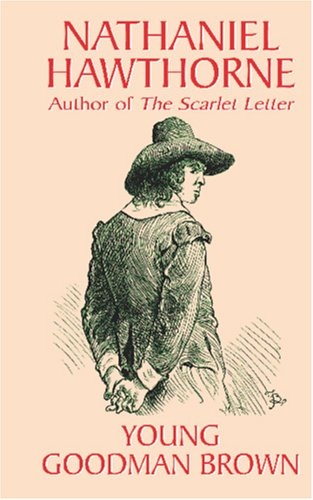
As Goodman cries, “My faith is gone!” his faith no longer means what it once did. He hears the devil underscore the implications of the Calvinistic predestination and the depravity of man as he states, “Evil is the nature of mankind. Evil must be your only happiness…”

Climax → faith
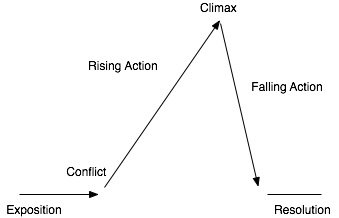
《Ode on a Grecian Urn》
Ode on a Grecian Urn: Ode on a Grecian Urn is a poem written by the English Romantic poet John Keats in May 1819 and published anonymously in the January 1820, Number 15 issue of the magazine Annals of the Fire Arts. It was not well received by contemporary critics. It was only by the mid-19th century that it began to be praised, although it is now considered to be one of the greatest odes in the English language. A long debate over the poem’s final statement divided 20th –century critics, but most agreed on the beauty of the work, despite various perceived inadequacies.

"Beauty is truth, truth beauty," – that is all
Ye know on earth, and all ye need to know. (lines 49–50)



 留言列表
留言列表


